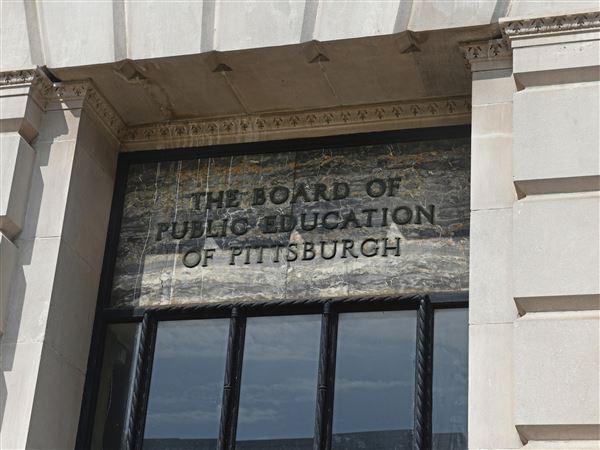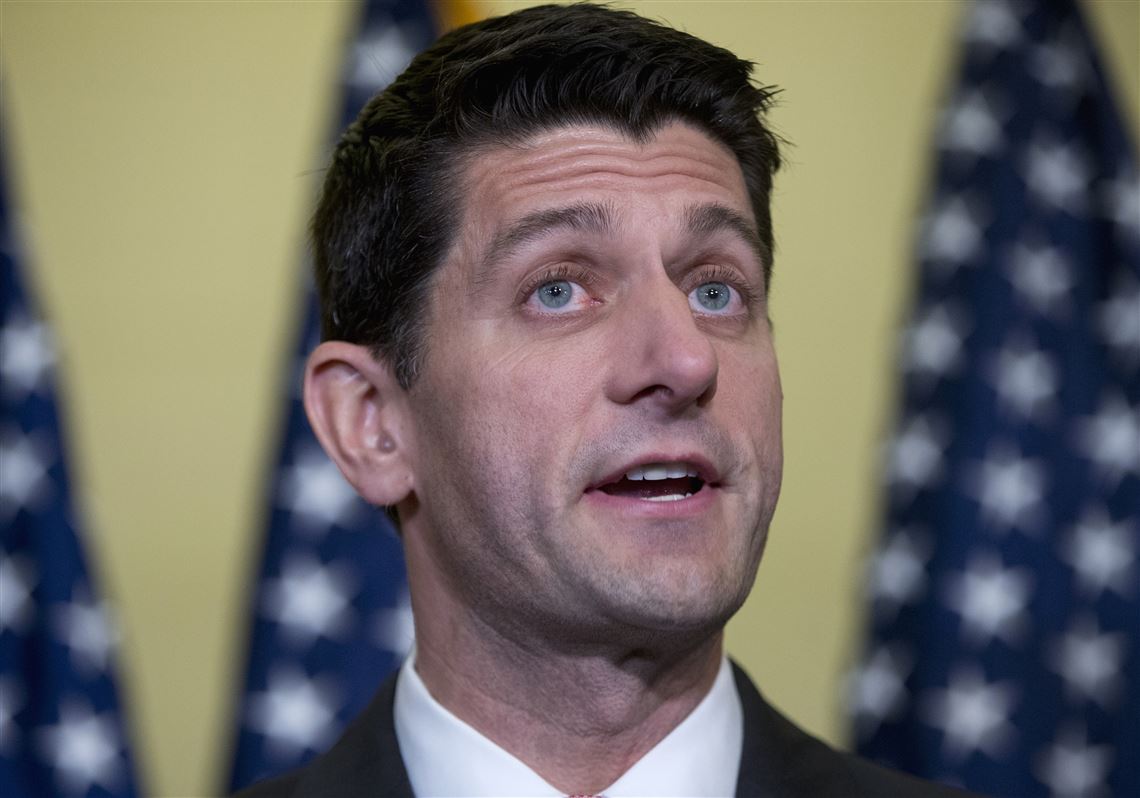WASHINGTON — New U.S. House Speaker Paul Ryan said on Tuesday that a long-term transportation bill would undergo an open process in the House of Representatives this week, with “lots of amendments” receiving votes, saying the debate on the bill represents the dawn of a more open legislative process.
Mr. Ryan, in his first news briefing after becoming speaker last week, said the bill would authorize roads, bridges and rail transit projects for six years with three years of guaranteed funding.
If additional savings can be found elsewhere in the federal budget, he said, then the road work could be funded for a longer period.
The transportation bill, HR 22, was already passed by the Senate. The House proposal would cost $339 billion. After the House passes its version, a joint House and Senate conference committee will try to agree on the first multiyear highway authorization law since 2012. Current funding ends Nov. 20.
Lawmakers say they will watch closely, some warily, at how the floor action plays out toward a planned final vote Thursday and whether Mr. Ryan is living up to his promise to conservatives to give rank-and-file members more say.
“We’re opening up the process. We’re allowing members to participate in a way the founders intended,” Mr. Ryan, a Wisconsin Republican, said Tuesday at his first weekly news conference since succeeding John Boehner of Ohio as speaker.
After promising restive House Republicans last week that he would increase their voice in the legislative process if they elected him speaker, Mr. Ryan said the transportation bill “was a good place to start.”
“That’s why we’re going to have an open process on the floor with lots of amendments considered by all members from both parties,” Mr. Ryan said.
Rep. Steve Scalise of Louisiana, the third-ranking House Republican, said there would be well over 100 House amendments receiving votes.
Some 280 amendments have been offered thus far on the House bill that need to be vetted for consideration, added Bill Shuster, R-Pa., House Transportation and Infrastructure Committee chairman. Republican lawmakers leaving a closed-door policy meeting said that among those amendments was a provision to renew the charter of the U.S. Export-Import Bank.
Lawmakers proposed more than 20 amendments to change how it operates, including one that would block big companies like Boeing Co. and General Electric Co. from benefiting from its financial backing for American exports.
Other proposals would ban Ex-Im from extending credit to companies in countries that don’t recognize Israel’s right to exist, and bar deals involving companies located in nations out of compliance with laws against human trafficking.
Rep. Ed Royce, a California Republican and chairman of the Foreign Affairs Committee, pitched an amendment that would prohibit Ex-Im aid to nations designated as state sponsors of terrorism.
Mr. Ryan and Jeb Hensarling, R-Texas, House Financial Services Committee chairman, who both oppose the bank, describe Ex-Im as corporate welfare that mainly benefits large companies that don’t need government assistance.
Mr. Ryan did not address that issue in his news briefing.
Asked whether he plans to push for controversial Republican policy provisions in a spending bill needed to implement last week’s budget deal by Dec. 11, Mr. Ryan said Congress would exercise its constitutional rights over spending issues.
“The power of the purse rests within the legislative branch, and we fully expect to exercise that power,” Mr. Ryan said.
Expanding on comments he made Sunday about his reluctance to tackle comprehensive immigration overhaul while President Barack Obama is still in office, Mr. Ryan said the House may take action on border security and other immigration enforcement issues.
“On issues such as border enforcement, interior enforcement, where I think we all have consensus, I think that would be fine if we could advance that,” Mr. Ryan said. “But I do believe that if we try to move in a comprehensive way, when the president has proven that he wants to go it alone, I don’t think that works.”
Mr. Shuster, at a House Rules Committee meeting Monday night, said the Senate’s highway plan is funded for only three of its six years. He said Republicans hope to work out longer-term sources of money for infrastructure, including international tax changes, to pay for the last three years.
“If we can get the funding from whatever source in the next three weeks, three months, or within the next three years, that can flow right into the bill and continue,” Mr. Shuster said. “We won’t have to do a rewrite three years from now.”
In part, the Senate measure would finance highway construction by cutting the annual dividend paid to large banks on the stock they are required to hold as members of the Federal Reserve System — to 1.5 percent from 6 percent.
Lawmakers will not consider raising the gas tax, which has been 18.4 cents per gallon since 1993.
“I hope a lot of the amendments don’t prevail,” Rep. Jim McGovern, D-Mass., said during the Rules meeting. He pointed to one in particular, defeated 187-236 Tuesday night, that would have allowed heavier trucks on interstate highways.
The top Rules Committee Democrat, Louise Slaughter of New York, said the nation’s roads and bridges can’t take the size of many trucks already in operation.
Bloomberg News contributed.
First Published: November 4, 2015, 5:33 a.m.















